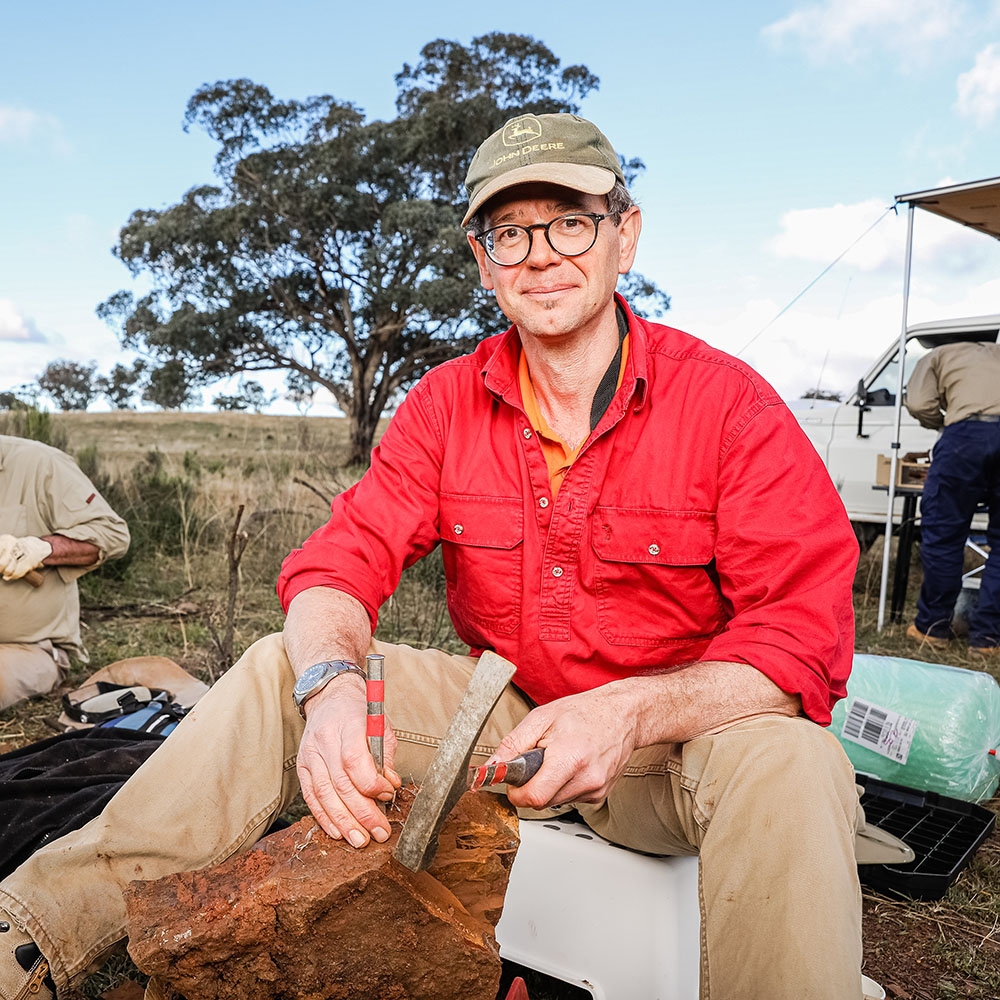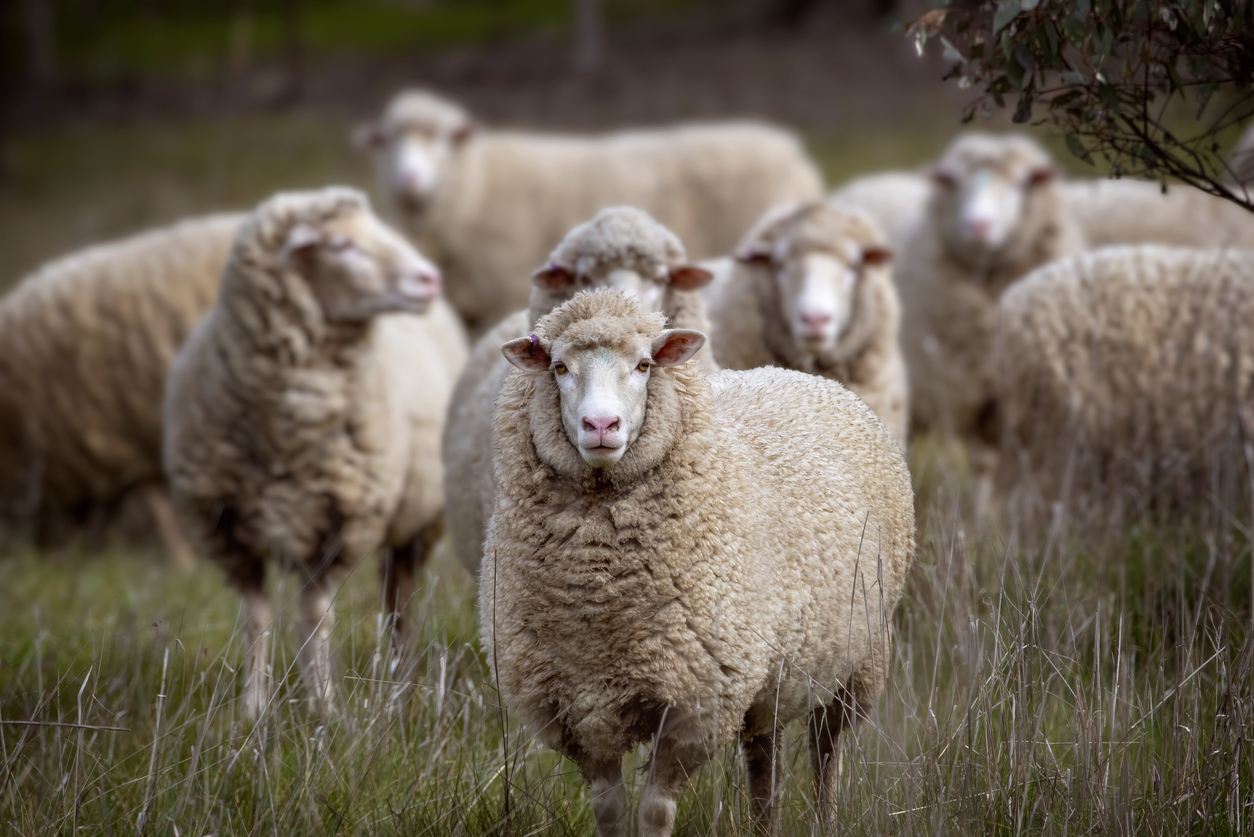Suzanne Lazaroo
6 December 2023: A half million dollar funding injection has provided a boost to the University of Canberra’s Associate Professor Dr Michael Frese, as he works towards research that will look at increasing antiviral resistance in livestock, and building crucial resilience in the face of costly diseases – some of which have not even reached Australia yet.
“This project is ultimately looking at preventative measures, and building resilience across the board – rather than reacting to a particular virus in a specific flock, at a certain point in time,” Dr Frese said.

The University has received just over $545,000 for a collaboration with CSIRO (the Commonwealth Scientific and Industrial Research Organisation), which will span three years.
A molecular virologist, Dr Frese will split his time on the project between the University’s Faculty of Science and Technology, and the labs of CSIRO, working with collaborators Dr Ina Smith, Senior Research Scientist in Canberra and Principal Research Scientist Peter Hunt in Armidale, both from CSIRO.
Dr Frese’s focus is on building antiviral resistance rather than immunity.
“By now, we should all be familiar with how immunity is built – via vaccination or exposure to infection,” Dr Frese said.
“In many cases, that immunity fades over time – and will not be inherited by the next generation.”

Resistance, however, is genetically determined and does not diminish – and that’s the long-term goal of Dr Frese’s work.
He’s set his sights on boosting the interferon system. Interferons are messenger molecules made by virus-infected cells – they create these proteins to send a message out to other cells, letting them know that a virus has taken hold in an organism.
Uninfected cells that receive this message then put up their defences, by expressing proteins that they do not normally make.
“These proteins are not usually produced under normal circumstances, because there is a cost for cells to make them – but when they are made, they slow down virus growth, which buys time to mount an adaptive immune response characterised by antibodies and cytotoxic T cells,” Dr Frese said. “This can determine whether an organism survives an infection … or not.”
The question is: what causes a lack of resistance in some animals?
Dr Frese says that the ability to mount a proper antiviral defence lies with an organism’s genes, which could be functional, partly functional or non-functional. Functional genes send out the interferons, while partly functional and non-functional will not.
“With this project, we will be working with sheep and other livestock to analyse their innate immune genes, and find ways to increase the frequency of functional genes in a population – therefore ultimately increasing resilience to viral disease,” he said.
It’s a hugely valuable endeavour – because when it comes to biosecurity, you can’t always tell what’s around the corner.
“If we have learned anything from the Varroa problem in bees, we have learned that it’s crucial to get in front of something like this – it’s often not a matter of ‘if’, but of ‘when’ a pathogen spreads to another country,” Dr Frese said.
The solution he is searching for is firmly within reach, he believes – and will potentially strengthen the genetic basis of economically crucial livestock in Australia.
Photo of Michael Frese by Salty Dingo.


